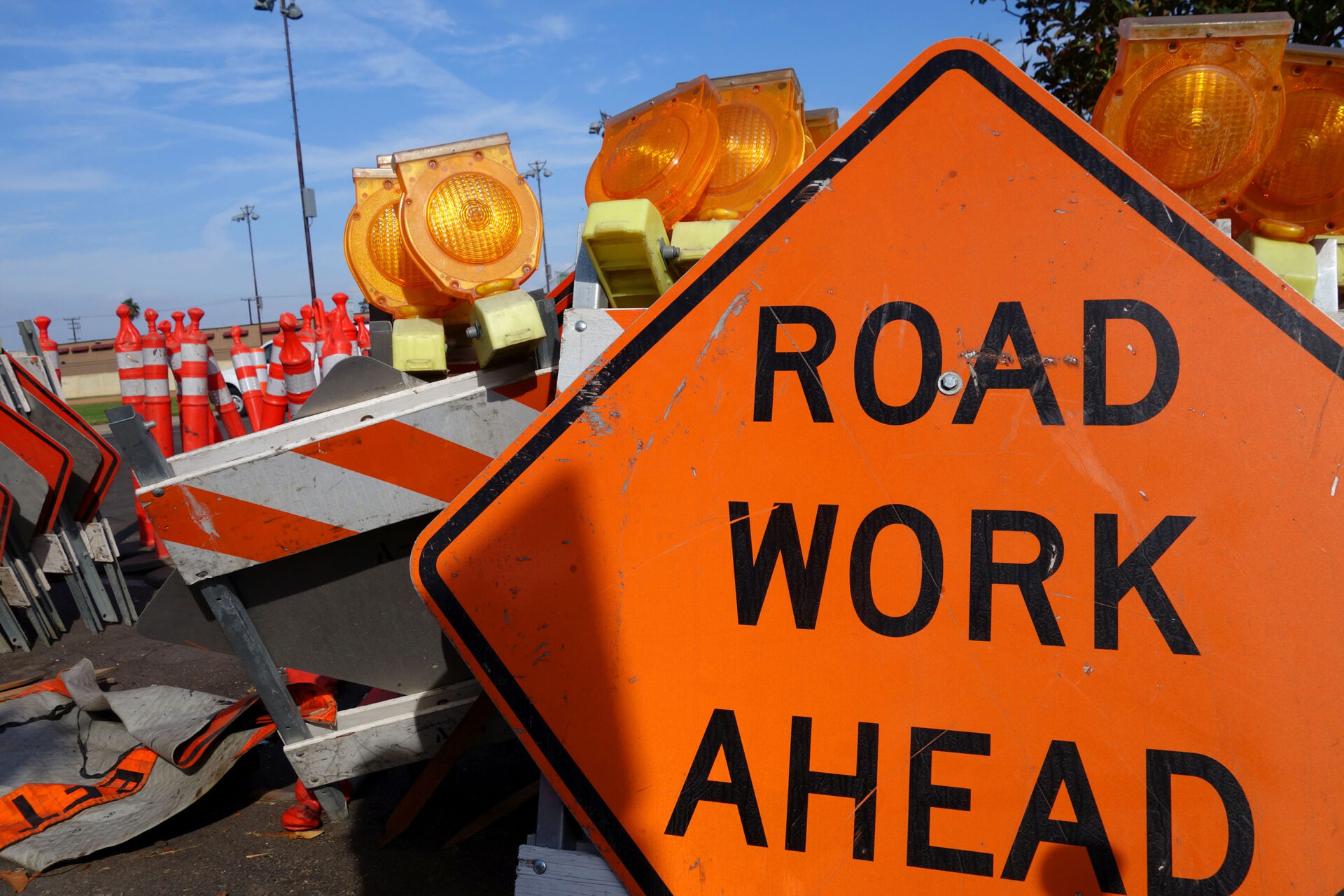Road crews are taking advantage of the hot and dry conditions, and road work continues across the state, but state officials are reminding motorists to drive safely and pay attention.
A pickup truck struck a West Virginia Division of Highways mower on Interstate 79 near the Stonewood and Nutter Fort exit south of Bridgeport Wednesday morning.
Both the driver of the truck and the mower operator received serious injuries and were taken to the hospital. The driver of a third vehicle was also injured.
Five people were killed in work zone crashes on West Virginia highways in 2023. The previous year, there were 800 crashes in West Virginia work zones, killing eight people and injuring 276.
The WVDOH urges all motorists to pay attention behind the wheel, particularly when traveling through work zones.
One such work crew is making permanent repairs after excessive heat caused a section of pavement to buckle on US 119 near Julian in Boone County.
On Tuesday, that section of US 119 buckled upwards due to excessive heat. WVDOH reports the road is constructed of concrete slabs in the area.
“As temperatures rise to the levels we are currently experiencing, construction materials are directly impacted,” said Joe Pack, WVDOH Chief Engineer of Operations. “In this situation, the concrete slabs on US 119 expanded beyond the ability of the expansion joints to accommodate the movement, creating a ‘blow out.’ Specifically, the adjoining slabs created lateral pressure which could only be relieved by the slabs being forced upward. Crews responded immediately and repairs are underway.”
